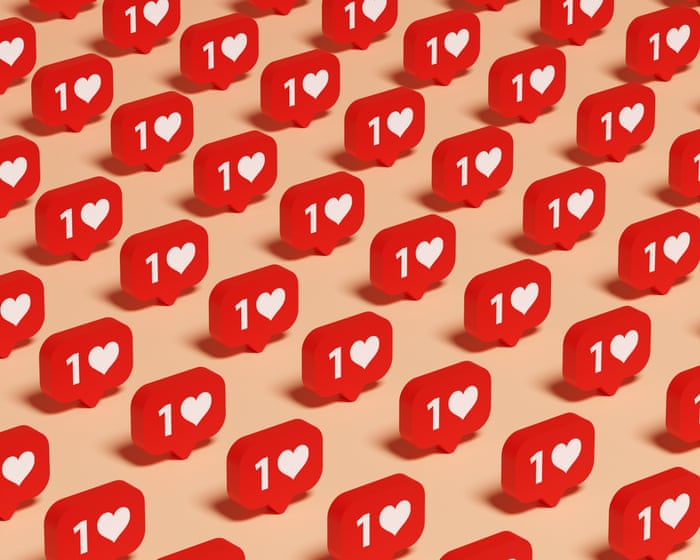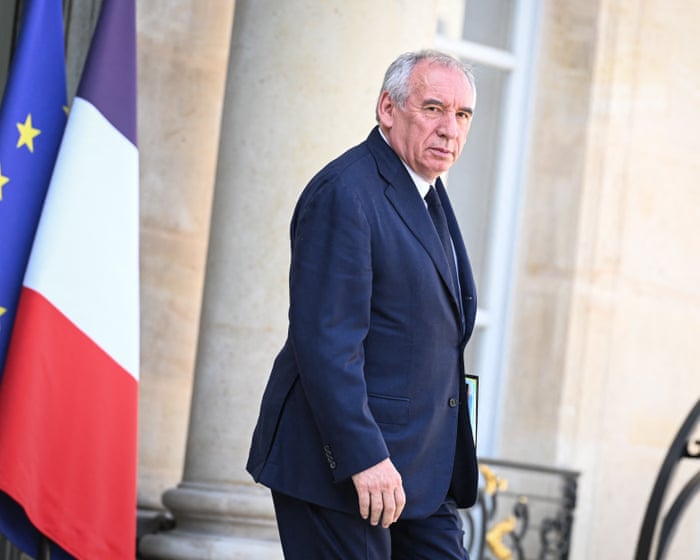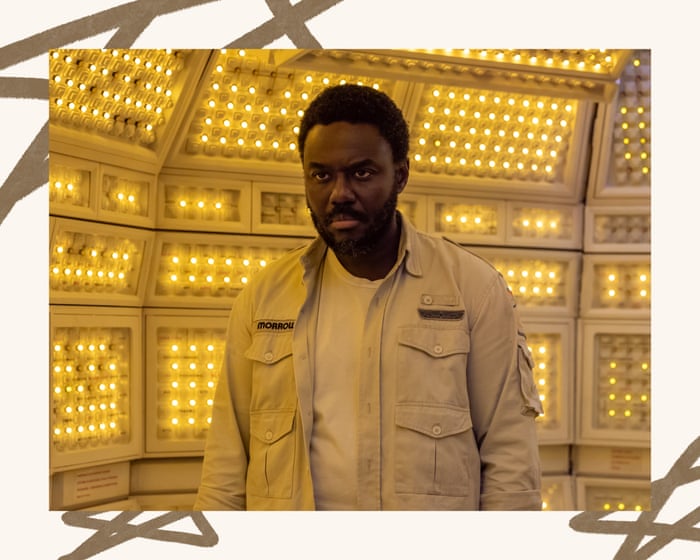Last month, I wrote an article about being adopted by a British couple during China’s one-child policy era. Three days after it was published in a national newspaper, a friend sent me a flurry of messages about a TikTok video. An influencer was telling her life story on camera, and just twenty seconds in, my jaw dropped. She was reciting entire sections of my article, word for word, to her 20,000 followers—without even crediting me.
When I wrote that piece, I was nervous about sharing such personal details and opening myself up to judgment. Still, it felt important to tell my story in case it could help others with similar experiences. What I never expected was for someone to take my words and present them as their own.
This influencer talked about her adoption but lifted passages where I described my innermost thoughts and feelings. She repeated lines like, “in my early twenties, I measured my self-worth in how many matches I got on Tinder or how many boys I was texting,” and spoke of having “imagined a childhood in China and being raised by my biological parents.” She used my exact phrasing, posted it to her followers, and even thanked people in the comments when they praised her. I get that imitation can be flattering, but this was just theft.
I commented on her video: “Have you heard of plagiarism?” Soon after, her husband messaged me on Instagram. He told me I wasn’t “the only Asian in the world adopted during that time,” dismissed me as “not that special,” and even accused me of copying his wife’s videos. I called them both crazy and blocked him immediately.
After that, I felt I had to speak up. The next morning, I made my own TikTok video showing how she had plagiarized my work, using clips from her video alongside my article as proof. In response, she and her husband posted a video insisting, “Her story and experience is also my story and experience… I did not steal her story.” Hours later, she posted another video apologizing for using my words, saying she was sorry for any hurt feelings and that she hadn’t meant any harm. She also sent me a private message to apologize.
Plagiarism—using someone else’s words or ideas without credit—is a serious offense in most fields. In university, we were taught that you could be expelled for borrowing too much from existing work without attribution. The message was clear: don’t plagiarize.
But on social media, the rules are much blurrier. TikTok states that copyright protects “original works of authorship” and prohibits content that infringes on others’ intellectual property, but it also says copyright doesn’t cover underlying ideas. For example, someone may own the copyright to a film, but not the plot or themes it explores. Instagram encourages original content, but plagiarism often goes unnoticed unless the original creator spots and reports it. YouTube has systems to scan videos and let rights holders set rules, but smaller creators whose work is lifted from around the internet have little protection.
Social platforms thrive on imitation. Originality is rare, and when something new does appear, it’s often copied by thousands within hours, with little or no credit given to the creator.
Media critic and gaming YouTuber Harry Brewis…In 2023, YouTuber Hbomberguy released a video about plagiarism that unexpectedly became a massive hit, amassing over 38 million views to date. In it, he highlighted 17 instances where popular creators had taken words, content, or ideas from smaller creators or online forums. He noted that plagiarists often seem to believe they are superior to their sources, thinking, “Your ideas are wasted on you—they’d be much better in my videos.”
Aspiring creators need content to grow their audience, while established ones, dependent on ad revenue, feel pressure to produce content quickly. Creating anything—whether written or filmed—takes time and effort, yet the incentive is often to generate a high volume of work rapidly. While audiences theoretically value originality and fresh ideas, the demand for daily uploads makes it unrealistic for many creators to consistently deliver something new. This can lead some to copy or imitate others instead.
The boundary between inspiration and theft is often unclear. A truly original idea gains traction when people adapt it and make it their own, giving rise to memes and inside jokes. Once an idea is widely replicated, it becomes a trend, and its original source is often forgotten. For example, the “Nothing beats a Jet2 holiday” trend has inspired around 2.9 million videos. Creators took audio from a Jet2holidays ad and paired it with clips of things going terribly wrong—like a tent catching fire or someone flying off a boat—transforming the original into something entirely new.
On the other hand, once an idea is online, it’s often treated as fair game to use without credit. My own video went viral, with thousands of commenters supporting me and discussing online plagiarism. The story took on a life of its own as other creators made “drama” and explainer videos about the situation I had already covered. While I was glad to see the issue spark broader conversation, I couldn’t help but question their motives. Were they joining the discussion to shed light on plagiarism, or simply to chase views?
At its best, the internet is a space where people share stories and ideas, and creativity inspires more creativity. Giving credit is essential—it fosters a positive cycle where new ideas build on old ones, and the effort someone puts into their work is acknowledged. When creators are properly credited, they may feel more motivated to produce original content rather than rushing to create shareable material out of fear their work will be stolen. Originality deserves to be celebrated, not just mined for viral potential.
Esme Hewitt is a freelance journalist.
Frequently Asked Questions
Frequently Asked Questions
Topic An Influencer on TikTok Copied My Life Story Without Permission
BeginnerLevel Questions
Q1 What does it mean when someone copies your life story on TikTok
A It means they shared personal details or experiences from your lifewithout asking youas if they were their own often to gain attention or followers
Q2 Why is copying someones life story a problem
A Its disrespectful invades your privacy and can make you feel exposed or misrepresented In some cases it might also violate copyright or personal rights
Q3 How can I tell if my story has been copied
A Look for videos that mirror specific events phrases or unique details from your life Sometimes followers or friends might alert you if they notice similarities
Q4 What should I do first if I suspect this has happened
A Stay calm Take screenshots or save the video as evidence then consider reaching out politely to the creator to ask them to remove or credit it
Q5 Can copying a life story be illegal
A It depends If your story is original and shared in a fixed form it might be protected by copyright Misusing personal info could also breach privacy laws
AdvancedLevel Questions
Q6 What legal rights do I have if my life story is copied without permission
A You may have copyright protection if your story is expressed in a creative fixed format You could also have claims for invasion of privacy defamation or misappropriation depending on how it was used
Q7 How do I report content like this on TikTok
A Use TikToks reporting feature by clicking Report on the video Select options like Intellectual Property Violation or Privacy and provide details and evidence
Q8 Should I contact the influencer directly If so how
A It can help to send a polite but firm direct message asking them to remove or credit your story Keep it professional and save the conversation
Q9 What if the influencer refuses to take the content down
A You can escalate by reporting to



